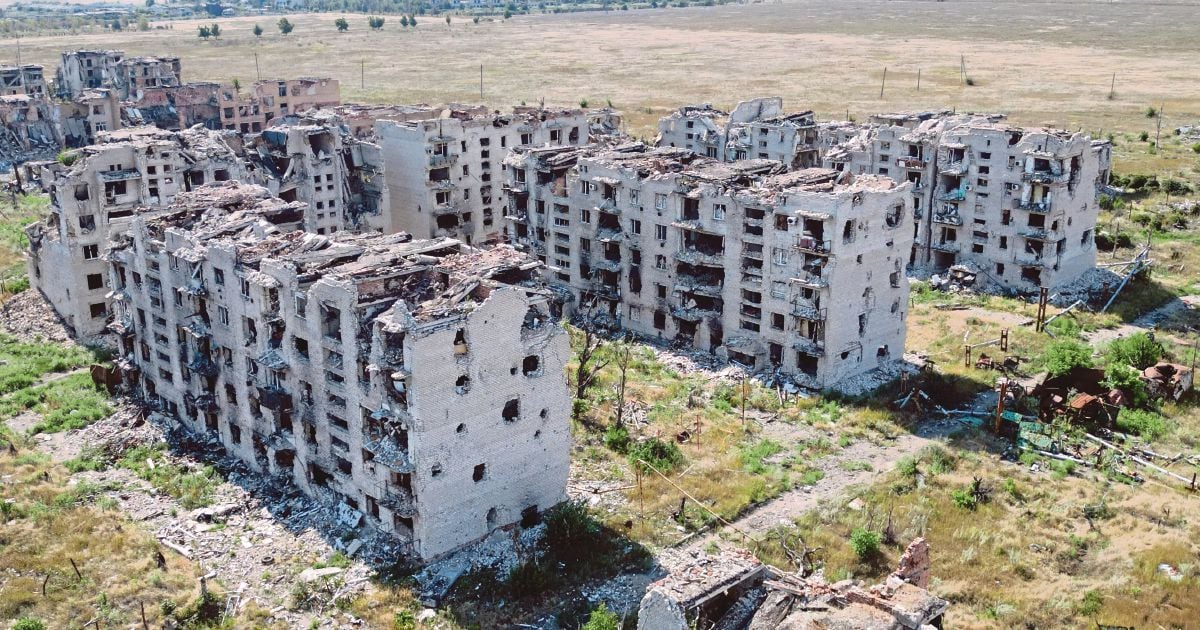THIS week marks the 80th anniversary of the dropping of atomic bombs on Hiroshima and Nagasaki.
Horrific though the bombings might have been, they did lead to a quick end of the Pacific war and to Japan foreswearing war as a means to settle disputes between and among countries ever since.
For 80 years, the anniversaries have always been very poignantly and publicly commemorated and appeals made for world peace and an end to nuclear weapons.
Yet the most recent years have seen a troubling resort to arms by nations in order to achieve various aims.
The latest Thailand-Cambodia border flare-up was thankfully quite speedily stopped through the good offices of Malaysia as the current Asean chair, saving both nations from more losses of lives, property and national reputations.
Same goes for the Israel-Iran bombing spree and other armed disputes from the Horn of Africa to the Caucasus.
The Gaza war, meanwhile, has descended into an increasingly senseless and indefensible humanitarian crisis of unconscionable scale as Israeli Prime Minister Benjamin Netanyahu seems determined to press on with Israel’s military superiority and advantages, not just to defeat Hamas but to also control and occupy Gaza, perhaps indefinitely.
Meanwhile, the internal crisis in Myanmar continues to cause needless suffering and displacement of people from conflict zones.
But perhaps the most troubling war is the unresolved conflict between Russia and Ukraine, which looks increasingly like a war of attrition and a battle of nerves between Russian President Vladimir Putin and his Ukrainian counterpart Volodymyr Zelenskyy, who is backed by the West, including the United States.
This is especially troubling because of the ominous nuclear undertones that both Russian and US leaders have introduced to their respective rhetoric about the Ukraine war.
As verbal sparring occasionally flared between Russia and the US over the conflict, Russian leaders would throw in reminders about their country’s nuclear capability.
That was always a quite effective tactic by Russia to try to cower US leaders into stepping back. Until now, that is.
When former Russian president Dmitry Medvedev recently hinted again about the Ukraine crisis possibly embroiling the US, the insinuations about the war escalating into a nuclear confrontation had the opposite effect on US President Donald Trump.
Trump very publicly caused the re-positioning of US nuclear submarines in response to the Medvedev outburst.
As a result, no matter what Trump‘s intended or unintended aims in direct response to Medvedev, the nuclear taboo since Hiroshima and Nagasaki dropped a notch or two.
This comes as the major nuclear powers — the US, Russia and China — have reportedly grown their respective nuclear arsenals even as more nations join the nuclear club: India, Pakistan, North Korea, Israel and possibly Iran next.
During the time of the US-Soviet Union contest for global supremacy, there were simultaneously substantive talks and agreements to limit both powers’ nuclear-arms capabilities.
The world today, however, is bereft of such reassuring talks to curtail the growing proliferation of nuclear weapons.
A quick end to the Russia-Ukraine hostilities is perhaps crucial to Japan’s and much of the world’s desire to never again see the likes of another Hiroshima and Nagasaki.
* The writer views developments in the nation, region and the wider world from his vantage point in Kuching
© New Straits Times Press (M) Bhd






